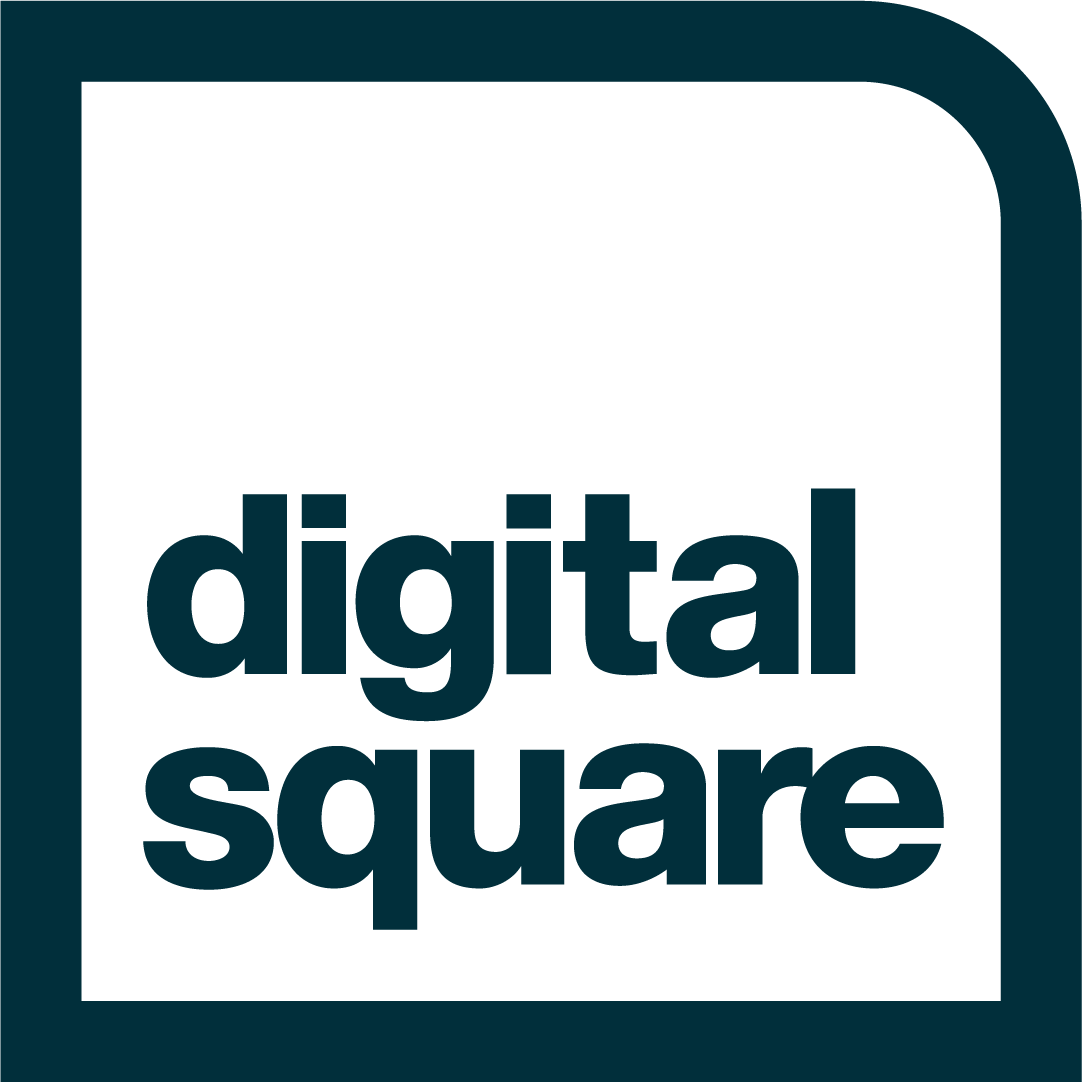The value of open source software goes far beyond cost. Open source software does provide a set of cost-effective, adaptable options for countries, but the benefits of open source are more complex and nuanced than cost savings. The growth of the open source ecosystem is due in large part to an ethos of openness that has reduced barriers of entry for new solutions, allowed countries the flexibility to deploy customizable solutions to meet their needs, and provided key capacity-building opportunities for emergent entrepreneurs and technologists in the countries where these systems were being deployed. Open source software can also deepen country ownership of their digital health systems, expanding a country’s choices for data hosting, vendor support, and applications beyond a single health vertical or program.
Read MoreThe Global Goods Guidebook is the newest addition to the resources supporting greater collaboration in the digital health sector.
Digital health is experiencing unprecedented growth in coordination and collaboration. Governments, funders, technology experts, and implementers, are working together in new and innovative ways. Collaboration requires shared language, shared values, and a shared vision. Many of these were codified in 2015 with the Principles of Digital Development—a set of nine principles that guide our actions and partnerships. Then last year, donors endorsed a set of Digital Investment Principles. The Digital Investment Principles describe the role investors have in promoting scalable, sustainable, accessible, interoperable, and evidence-based digital health systems. Both sets of principles have rallied stakeholders around our shared responsibility to help countries meet their digital health needs.
Read More


